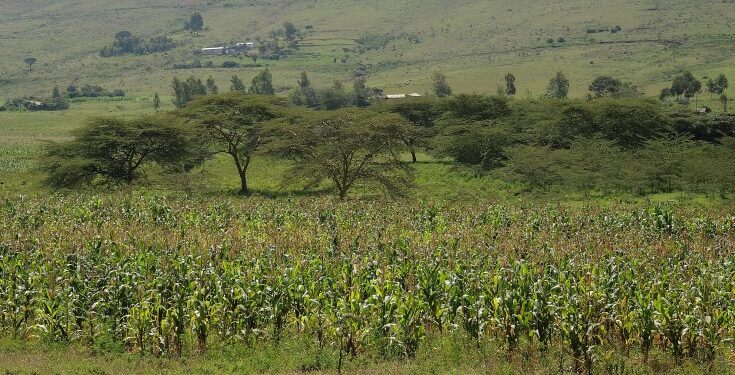President William Ruto has implemented a significant policy shift by restricting the issuance of permits for millers to import wheat or maize into Kenya. This bold move is driven by the intention to safeguard the interests of local farmers, as Ruto emphasized the need to prioritize their welfare. The government will only consider deviating from this directive if local agricultural production falls short of meeting the nation’s demand for these staple crops.
Read More: Inspiring Change Through Dreams & Heritage – Bisila Bokoko
To further support the agricultural sector, President Ruto announced a substantial allocation of Ksh 4 billion for the purpose of purchasing maize directly from Kenyan farmers. This strategic decision is aimed at stabilizing prices and ensuring that farmers receive fair compensation for their produce.
Recognizing the issue of post-harvest losses, particularly due to high moisture levels in maize, the President unveiled plans to utilize the National Cereals and Produce Board (NCPB) driers. These driers will be made available to farmers at a significantly reduced fee of Ksh 50, down from the previous rate of nearly Ksh 400 per bag. This initiative will enable farmers to dry their maize effectively and affordably.
In addition to these measures, President Ruto revealed a comprehensive plan to boost the dairy sector. A Kenya Co-operative Creamers (KCC) milk plant will be constructed in Narok, with the primary objective of enhancing milk quality. This enhancement is expected to lead to improved milk prices, further benefiting local farmers.
Read More: Dreams Talks Explores Africa’s Aviation Future with Brienze Lawrence
By restricting imports and implementing supportive policies, Kenya’s government under President Ruto is demonstrating its commitment to the agricultural sector and the well-being of local farmers. These measures are designed to ensure fair prices, reduce post-harvest losses, and enhance the quality of agricultural produce.









